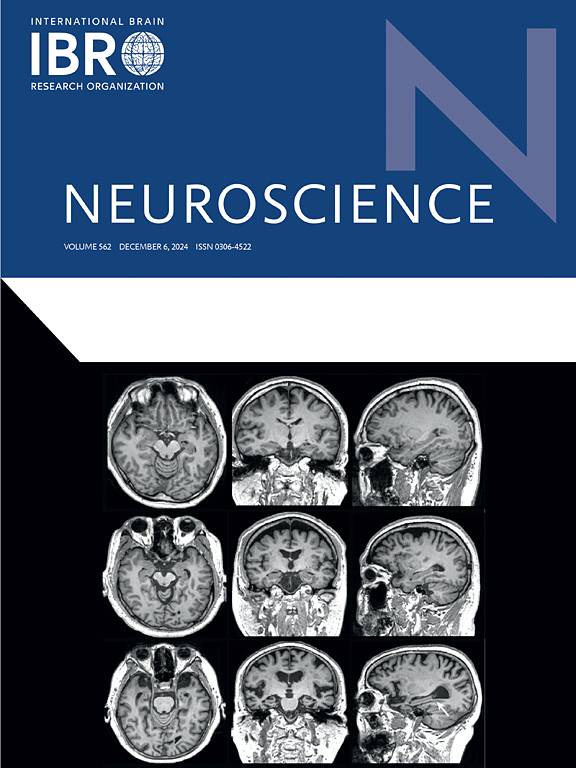Exploring the nexus: Sleep disorders, circadian dysregulation, and Alzheimer’s disease
IF 2.9
3区 医学
Q2 NEUROSCIENCES
引用次数: 0
Abstract
We reviewed the connections among Alzheimer’s disease (AD), sleep deprivation, and circadian rhythm disorders. Evidence is mounting that disrupted sleep and abnormal circadian rhythms are not merely symptoms of AD, but are also involved in accelerating the disease. Amyloid-beta (Aβ) accumulates, a feature of AD, and worsens with sleep deprivation because glymphatic withdrawal is required to clear toxic proteins from the brain. In addition, disturbances in circadian rhythm can contribute to the induction of neuroinflammation and oxidative stress, thereby accelerating neurodegenerative processes. While these interactions are bidirectional, Alzheimer’s pathology further disrupts sleep and circadian function in a vicious cycle that worsens cognitive decline, which is emphasized in the review. The evidence that targeting sleep and circadian mechanisms may serve as therapeutic strategies for AD was strengthened by this study through the analysis of the molecular and physiological pathways. Further work on this nexus could help unravel the neurobiological mechanisms common to the onset of Alzheimer’s and disrupted sleep and circadian regulation, which could result in earlier intervention to slow or prevent the onset of the disease.
探索联系:睡眠障碍、昼夜节律失调和阿尔茨海默病。
本文章由计算机程序翻译,如有差异,请以英文原文为准。
求助全文
约1分钟内获得全文
求助全文
来源期刊

Neuroscience
医学-神经科学
CiteScore
6.20
自引率
0.00%
发文量
394
审稿时长
52 days
期刊介绍:
Neuroscience publishes papers describing the results of original research on any aspect of the scientific study of the nervous system. Any paper, however short, will be considered for publication provided that it reports significant, new and carefully confirmed findings with full experimental details.
 求助内容:
求助内容: 应助结果提醒方式:
应助结果提醒方式:


